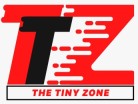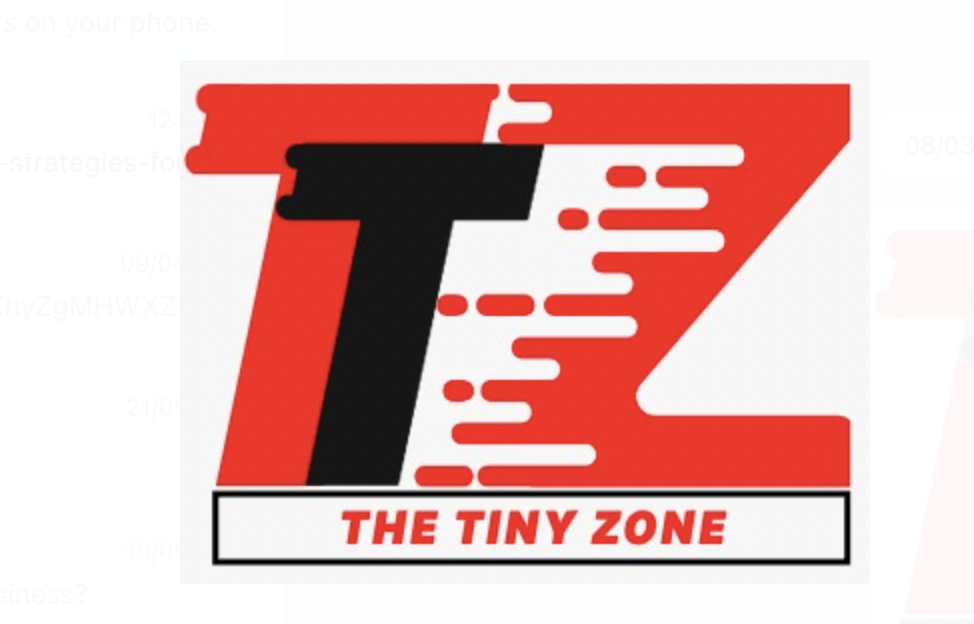A reliable, high-speed internet connection is vital for any small business. However, understanding your business’s specific internet needs can be challenging with so many options available. This guide will help you to evaluate and determine the most suitable internet service for your business in 2024.
Assess Your Business Size and Type
The size and type of your business will significantly influence your internet requirements. A small business with only a few employees may not need the same bandwidth or speed as a larger business or one that heavily relies on online operations. Start by considering the number of users connected simultaneously and the type of tasks they’ll be performing. For example, a graphic design firm with employees frequently transferring large files will have different needs than a local retail store primarily using the internet for email and customer transactions.
Determine Your Internet Usage

Understanding how your business uses the internet is key to determining the appropriate speed and bandwidth. Consider the following factors:
- Communication: Are you using VoIP (Voice over Internet Protocol) for phone services or relying on video conferencing platforms such as Zoom or Microsoft Teams? Both require substantial bandwidth for optimal performance.
- Data Transfer: Does your business frequently upload or download large files, such as videos, design files, or data backups? If so, you’ll need higher speeds and a reliable, high-bandwidth connection.
- Web Hosting and E-Commerce: If your business hosts its own website or e-commerce platform, you may need a faster connection to handle customer traffic, especially during peak hours.
- Cloud Services: Many businesses use cloud services for storage, software, and collaboration tools. If your business heavily relies on cloud computing, you’ll need a fast and stable internet connection.
Understanding these needs will help you to calculate the required bandwidth, usually measured in Mbps (megabits per second).
Consider exploring options like Frontier Business Internet, which offers tailored solutions for small businesses to ensure you get the speed and reliability needed to support your operations effectively.
Consider Your Location
Your business’s physical location can also impact your internet options. Urban areas typically have access to high-speed fiber-optic connections, while rural areas might only have slower DSL or satellite options. Check with local internet service providers (ISPs) to understand the types of connections available in your area. Additionally, evaluate if you need backup internet options, like a secondary ISP, to ensure continuous connectivity in case of service disruptions.
Evaluate Internet Speed Requirements

Once you understand your internet usage, you can better estimate your needed speed. Here are some general guidelines:
- Basic Browsing and Email: 1–5 Mbps per user
- Video Conferencing and VoIP: 5–10 Mbps per user
- Cloud-Based Applications and Large File Transfers: 10–20 Mbps per user
- Hosting a Website or E-Commerce Platform: 50 Mbps or higher
Remember these are only general recommendations, and the speed requirements may vary depending on your specific business activities and the number of employees. It’s also important to account for growth, so consider choosing a plan with a slightly higher speed to accommodate future expansion.
Conclusion
Evaluating your small business’s internet needs in 2024 requires carefully assessing your business size, usage patterns, location, and budget. By understanding these factors, you can select the right internet plan that supports your operations, ensures seamless communication, and prepares your business for growth. Make informed decisions to equip your business with the internet speed and reliability it needs to thrive in a competitive marketplace.


